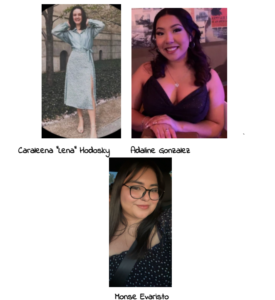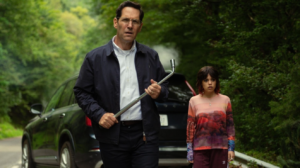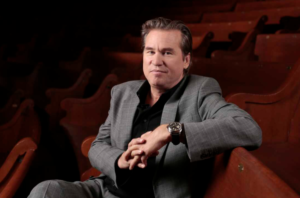The Way Forward From Here
Guest Commentary
Stephen Morris
Class of 2017
Two Fridays ago marked the 43rd anniversary of the Supreme Court’s landmark Roe v. Wade decision, which established the constitutional right to abortion in the US, and with it the annual March for Life, the statements by politicians, and the countless social media posts by young people passionately advocating their side. As an evangelist for more involvement young people in the political process I was happy to see my friends and peers taking a stand on an issue especially one that, whichever side you’re on, is quite defining for our society. But as concerned as I was by how much misinformation flew around the Internet, both on the pro-choice (the whole women-were-dropping-dead-from-unsafe-abortions thing is a myth people – look it up) and pro-life (we live in a pluralistic society – your personal religious belief is not basis for law) still more concerning was what was left unsaid.
On paper I am a pro-choice interest group’s dream. I’m a passionate feminist, so much so that I can often be found in a corner of a party bringing the mood down by lecturing poor passersby about the patriarchal roots of a term they just used. I am a passionate and outspoken advocate of LGBT civil equality. I have tattoos. I believe government policy should be rooted in science and reason, not religious faith. My favorite cultural figures read like a list of the heroines of the pro-choice movement, including Amy Schumer, Tina Fey, and Amy Poehler. In short I “should be” pro-choice. And yet, I am passionately pro-life. And because of that I take particular umbrage at the typical presentation of pro-life people, particularly of them being anti-science and anti-women.
On the first point, the issue is rather simple when viewed through the clear prism of science, logic, and reason. What distinguishes humans from everything else on the planet is DNA. And the fact is the only moment a human’s DNA changes is at the moment of conception. The DNA of a newly fertilized zygote, of a growing fetus, of a crying infant, of a whining toddler, of a moody teenager, is all the exact same. What differs is not their humanity but their size, their state of growth. Thus it is in contradiction with science to say, as is in vogue these days, that abortion is ok early in pregnancy but not later; there is no genetic distinction between the human being in utero at those divergent stages and there is no moral distinction between his/her killing at those divergent stages. In addition, skin pigmentation, eye color, hair color, and gender are all determined at conception. The fetal heartbeat begins days into pregnancy before any woman even knows she is pregnant. That means that every abortion that has ever happened, including early stage ones, have ended the growing life of either a boy or a girl with a beating heart.
The second point, regarding women’s rights, is a bit murkier. I am a man and am aware of my privilege in that regard. Most of my closest friends are women and through those friendships I have become acutely aware of how much more work, financial cost, stress, and worry being a woman carries, particularly when it comes to the reproductive sphere. I don’t pretend to speak for women and I think the experiences of women should be at the forefront of any conversation about this issue. But that includes women like Norma McCorvey, the original plaintiff in Roe v. Wade who is now a strong pro-life advocate and believes the decision should be overturned. It includes Alice Paul, the author of the original Equal Rights Amendment who said that “abortion is the ultimate exploitation of women.” It includes Susan B. Anthony, the iconic women’s suffrage activist who spoke against abortion in her newspaper. And yet until now abortion has been treated as the only way to liberate women from the bondages of sexism and the patriarchy. And much of this is because no one has proposed another way.
So let’s find a way forward together. We as a nation should massively fund sex-education, contraception, and adoption programs. We should establish paid parental leave and pro-family tax breaks. We should pass laws giving women in crisis pregnancy situations the scientific awareness and resources needed to make informed decisions. And until we resolve the more difficult question of early term abortion, we should ban late term abortion of pain capable, viable humans, which we are one of only four countries in the world to allow. There is great common ground left to be tapped on this issue. Here’s hoping our generation can lead the way.







